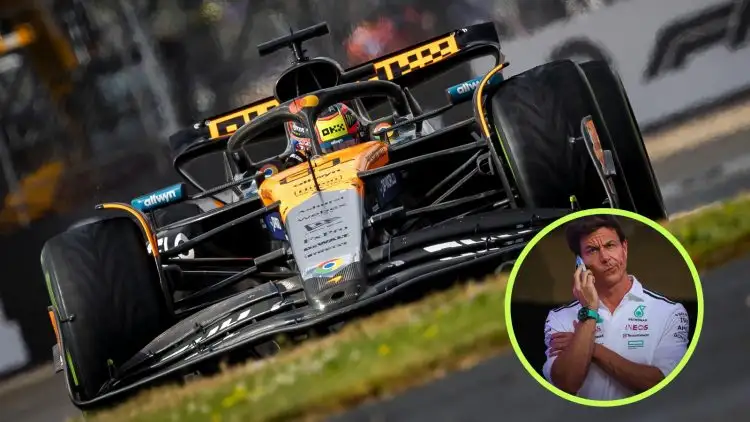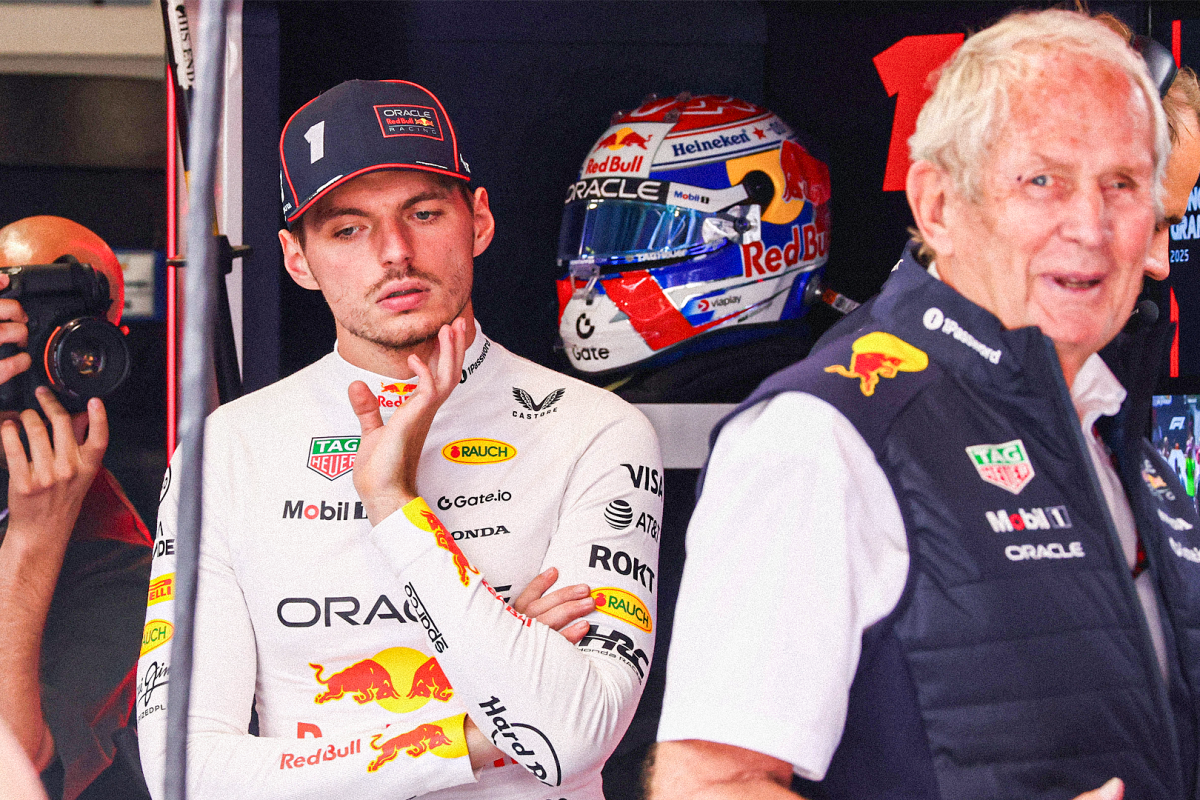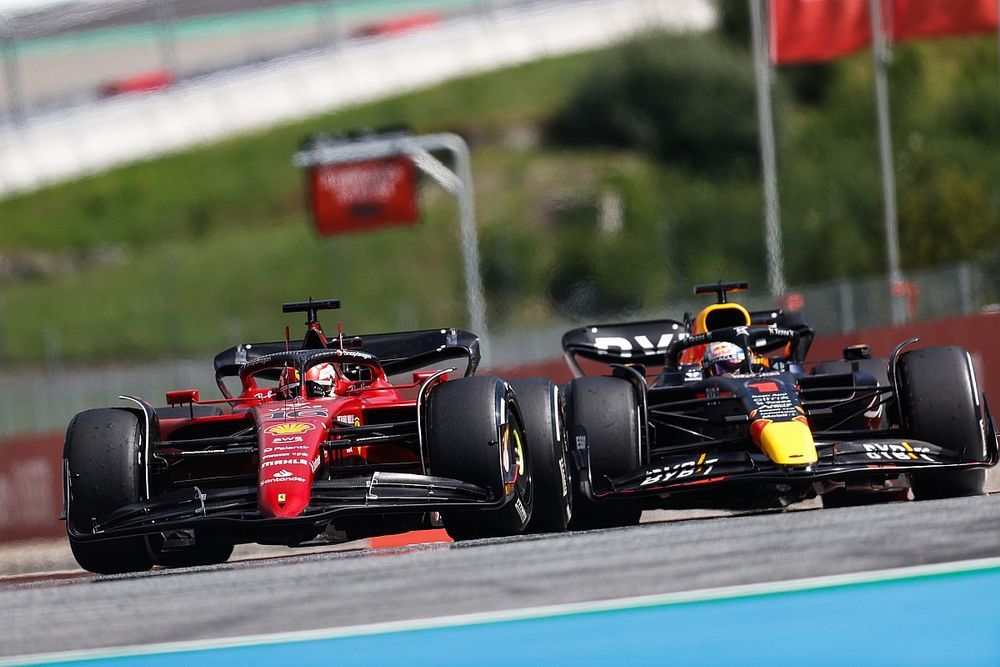Toto Wolff’s “Intelligent Choice” Quip: Deconstructing Mercedes’ McLaren E… read more
Mercedes team principal Toto Wolff’s recent comment characterizing the renewed engine supply deal with McLaren as an “intelligent choice” has sparked considerable discussion within the Formula 1 paddock. While seemingly straightforward, the statement carries layers of meaning, reflecting the complex strategic landscape of the sport and the evolving power dynamics between the two teams. The deal, extending Mercedes’ provision of power units to McLaren through at least the 2025 season, represents a significant commitment from both parties, one laden with implications for their competitive standings and future trajectories. Understanding Wolff’s seemingly simple assessment requires a deeper dive into the multifaceted factors driving this partnership.
On the surface, the renewal appears mutually beneficial. For McLaren, securing a continued supply of high-performing Mercedes engines provides stability and a competitive edge. McLaren’s recent resurgence, marked by podium finishes and improved overall performance, is directly linked to the performance of their Mercedes power units. Switching suppliers mid-season, or even planning for a switch, would risk jeopardizing this momentum, potentially setting them back years in their pursuit of consistent championship contention. The reliability and performance of the Mercedes engine are crucial to their ambitions, and the certainty offered by this long-term deal mitigates substantial risk. Furthermore, the partnership extends beyond just engine supply; it encompasses technical collaboration and shared knowledge, enabling McLaren to leverage Mercedes’ expertise in areas like aerodynamics and vehicle dynamics, further enhancing their overall competitiveness.
For Mercedes, however, the motivations are perhaps more nuanced. While supplying engines generates revenue, the primary benefit likely stems from strategic considerations. The deal allows Mercedes to maintain a crucial presence within the F1 landscape, even as their own dominant team performance has fluctuated in recent years. By supporting a strong, independent team like McLaren, Mercedes ensures a wider pool of data and feedback on their engine performance, potentially informing future development and enhancing the overall competitiveness of their own power unit. This allows them to indirectly monitor their rivals, gaining valuable insights into the strengths and weaknesses of their technology within a competitive environment. Moreover, maintaining a positive relationship with McLaren, a historic rival, fosters a degree of stability within the overall F1 ecosystem. Open conflict between major players can destabilize the sport, and this agreement can be seen as a gesture of cooperation, promoting overall health and growth.
However, the “intelligent choice” comment suggests a deeper layer of strategic thinking. The recent rise of Red Bull Powertrains, a significant new player in the engine supply game, poses a potential threat to Mercedes’ dominance. By strengthening McLaren, Mercedes indirectly counters Red Bull’s growing influence, preventing a potential scenario where a rival team becomes overly reliant on Red Bull’s power units, leading to a shift in power dynamics that could negatively impact Mercedes’ future success. This strategic move also serves to potentially limit the options available to other teams, reducing the pressure on Mercedes to continually improve their engine’s performance to maintain their position at the forefront.
Moreover, the deal could be viewed as a calculated risk-mitigation strategy. Maintaining McLaren as a customer team offers Mercedes a valuable safety net. Should their own works team experience a downturn in performance, the continued success of McLaren using their engines can showcase the power unit’s capabilities, helping maintain Mercedes’ overall brand image and attracting future customers. This diversification of their revenue streams and demonstration of performance enhances their overall position in the highly competitive engine supply market.
In conclusion, Toto Wolff’s “intelligent choice” remark encapsulates a multifaceted strategic maneuver. The renewed engine deal with McLaren goes beyond a simple commercial agreement; it’s a calculated move that strengthens Mercedes’ position within the Formula 1 ecosystem, mitigates risks, fosters cooperation, and indirectly counters the rising influence of competitors. While seemingly beneficial for both parties involved, the long-term ramifications of this deal extend far beyond the immediate performance on the track, shaping the future landscape of Formula 1 and its competitive dynamics. The seemingly simple statement is, in reality, a complex reflection of the intricate chess game constantly played at the highest levels of motorsport.




